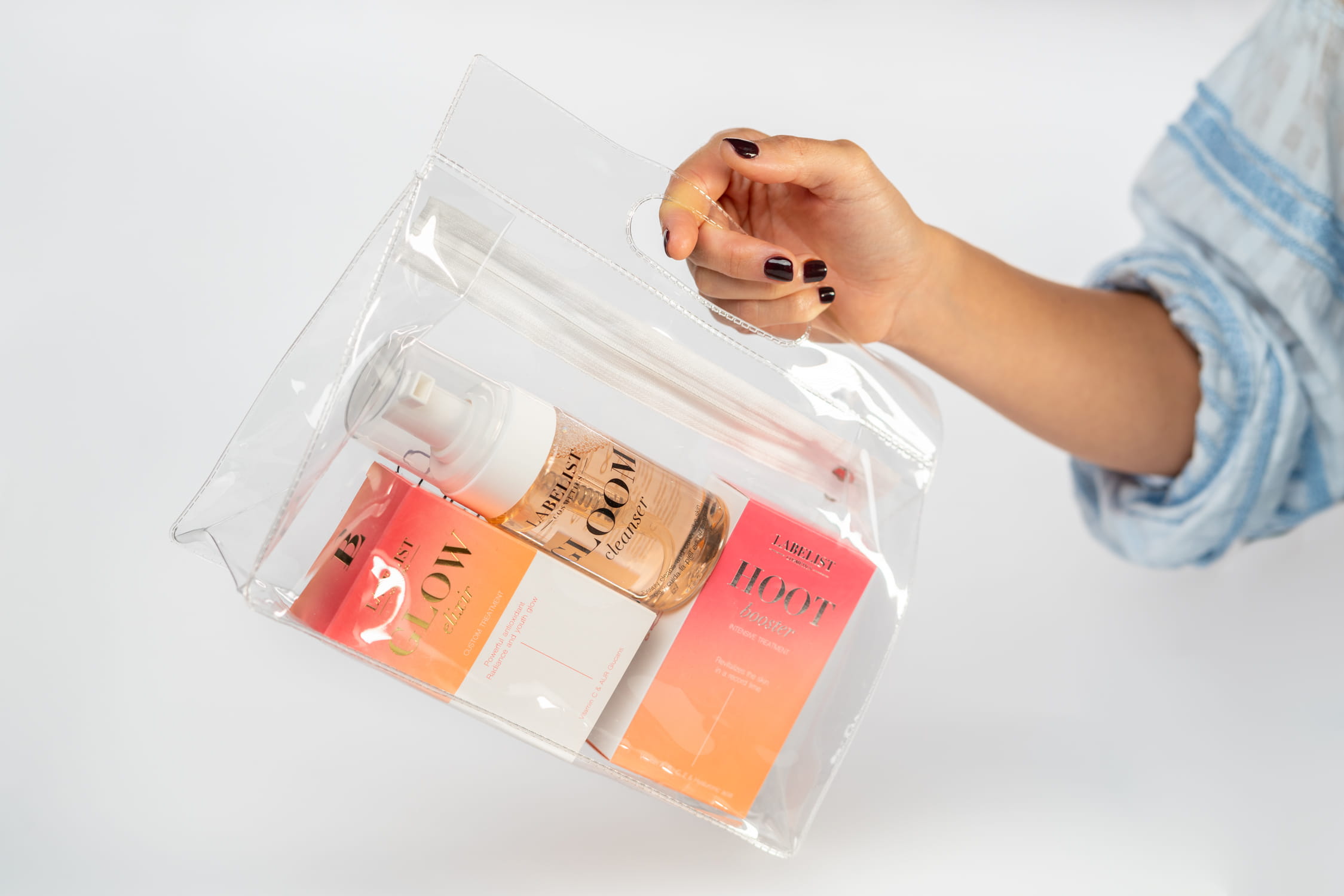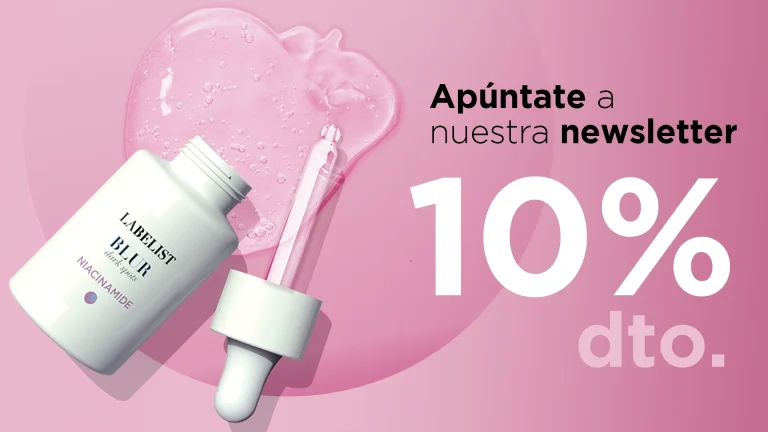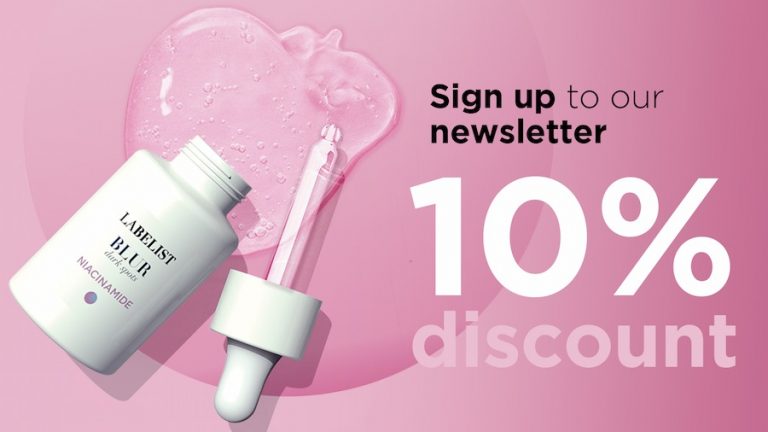What Retinol Percentage Does Your Skin Need? | Advanced Retinol Guide
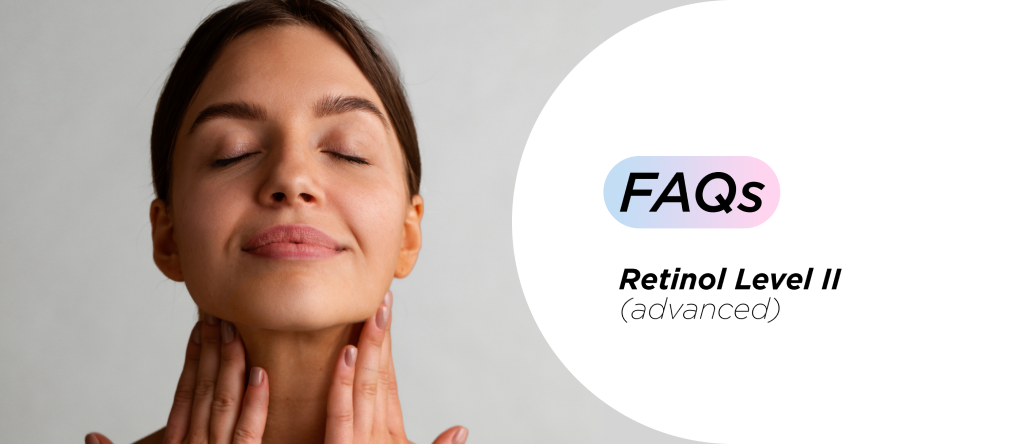
Maximize the benefits of this star anti-aging ingredient for your skin.
If you’ve been using retinol for a while and feel comfortable with it, you may find yourself asking new questions. As your routine evolves, doubts may arise about optimizing its use, combining it with other actives, and understanding long-term results. Here, we address the most common advanced retinol questions to help you make the most of this powerful ingredient in your skincare routine.
1. Retinol Percentage: How to Choose the Right One for Your Skin?
Adapting the Retinol percentage to your needs is key to an effective treatment:
- 0,15% retinol: improves elasticity, enhances luminosity, and reduces mild dark spots. Ideal for beginners or sensitive skin, especially in its encapsulated form. Our Serum with retinol 0,15% encapsulated is an excellent starting point, as its gradual release minimizes irritation.
- 0,3% and higher: recommended for deep wrinkles, improving skin density and reducing pore visibility. While starting with lower doses is a cautious approach, you can begin directly with 0.3% retinol if you seek advanced corrections and your skin can tolerate it. For these cases, we recommend trying our Serum with Retinol 0,3% pure for visible, effective results.

2. Do You Need to Increase Retinol Percentage Over Time?
Not necessarily. Increasing the percentage is not required if you are satisfied with the benefits you are experiencing. The key is to maintain skin tolerance and adjust the concentration according to your specific goals, such as treating deep wrinkles, evening out skin tone, reducing acne, or improving texture.
Studies show that consistent use of retinol at a steady dose remains highly effective, stimulating collagen production even after a year of use. However, stopping treatment can reduce this capability. This highlights that consistency, rather than concentration, is the key to achieving long-lasting results.
3. What Actives Can You Combine with Retinol?
It’s safe to combine retinol with other actives, but caution is necessary:
- Avoid: strong exfoliants like AHAs and BHAs, especially at the start.
- Use:
- Niacinamide: reduces irritation and soothes the skin..
- Hyaluronic Acid: boosts hydration and elasticity.
4. Is Retinol Effective for Reducing Dark Spots and Evening Skin Tone?
Absolutely. Retinol regulates melanin production, helping to:
- Reduce dark spots.
- Even out skin tone.
This makes it a powerful ally for achieving a more uniform and radiant complexion.
5. How Does Retinol Impact Hormonal Acne?
Retinol regulates sebum production and prevents pore clogging, making it effective for managing hormonal acne. Additionally, its anti-inflammatory properties help reduce the severity of breakouts, making acne more manageable over the long term.
Conclusion on what Retinol percentage is adequate.
Retinol is a powerful ingredient that, when used correctly, can transform your skin. The key lies in choosing the right percentage, maintaining consistency, and pairing it with actives that enhance its benefits. If you have questions, feel free to reach out to us or consult a dermatologist to build an effective and personalized skincare routine.
More to discover
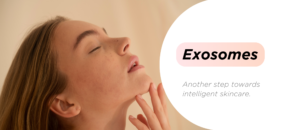
Exosomes in cosmetics: a further step towards intelligent skin care
Biomedicine has shown that exosomes can regenerate tissues, modulate inflammation and even reverse cellular aging. Today, that knowledge lands in cosmetics to transform daily skin
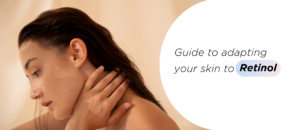
How to Start Using Retinol Without Irritation: Complete Guide
Why Is Retinol so Popular? Retinol is one of the most effective skincare actives, known for its ability to reduce wrinkles, improve texture, and treat
Do you want to be an international distributor of Labelist Cosmetics®?
